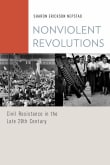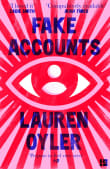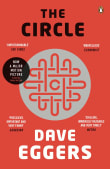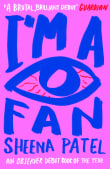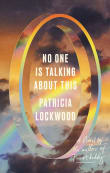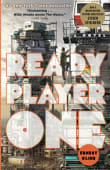Twitter and Tear Gas
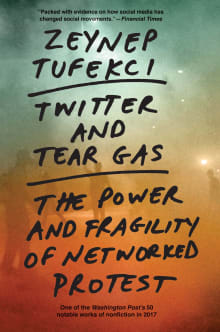
Book description
From New York Times opinion columnist Zeynep Tufekci, an firsthand account and incisive analysis of the role of social media in modern protest
"[Tufekci's] personal experience in the squares and streets, melded with her scholarly insights on technology and communication platforms, makes [this] such an unusual and illuminating work."-Carlos Lozada,…
Why read it?
3 authors picked Twitter and Tear Gas as one of their favorite books. Why do they recommend it?

This book gave me a new framework for thinking about how political change happens and how technology shapes our society. It analyzes how social media platforms like Facebook have helped antiauthoritarian movements achieve dazzling success almost overnight—and how those platforms have weakened and endangered those same movements. I loved that this book was clear and readable without oversimplifying the topic. It showed—as Tufecki writes, quoting another scholar—that “technology is neither good nor bad; nor is it neutral.”
This isn’t exactly a book about computer systems, but I decided to include it because it gave me a deeper understanding of how…
From Nora's list on systems and system failures for programmers.

Social media has been a huge part of popular uprisings over the last decade. At first look, social media should be hugely empowering for mass movements: it allows people to communicate, share their idea, and organize.
Then why have nonviolent movements in the era of social media struggled so much to achieve change? Zeynep Tufekci unpacks this puzzle, showing how social media can actually be a shortcut—allowing movements to grow fast without learning skills and building organizing tools—that actually makes them more vulnerable to state repression.
I think this pairs nicely with Pearlman’s lessons about the importance of organization, and…
From Ches' list on nonviolent protest in global politics.

Depending on the day, I’m either encouraged or terrified by social media’s effect on our social and political lives.
This book does a fantastic job of illuminating social media’s positive import – and its limits – for social and political organizing. An activist, social organizer, and sociologist, Tufecki draws on both her personal experience and her academic expertise to produce a compelling and insightful narrative.
The examples that ground it, the Arab Spring and Occupy Wall Street, may have been supplanted in our memories with other movements and events, but they’re worth revisiting and the insights Tufecki shares definitely translate.
From Ellen's list on social media’s impact on us.
If you love Twitter and Tear Gas...
Want books like Twitter and Tear Gas?
Our community of 12,000+ authors has personally recommended 100 books like Twitter and Tear Gas.


